IRGC missile strikes targeted Zionist espionage hub in Iraqi Kurdistan: Analyst
By Alireza Hashemi
Iran’s missile strikes in Iraqi Kurdistan targeted a key base of the Israeli spy agency Mossad where anti-Iran espionage operations were being orchestrated, says an Iranian analyst.
Speaking to the Press TV website, Seyed Reza Sadr Al-Hosseini said all of those targeted in the operation worked for Mossad, some of them under various covers, including oil trade.
He said one of the Mossad agents killed in the operation was tasked with providing protection and logistics to Mossad elements in the Kurdistan region and had sought to recruit and train spies and also to create front companies that could be used for anti-Iran espionage activities.
Islamic Revolution Guard Corps (IRGC) fired a barrage of missiles into the Kurdistan region of northern Iraq at the stroke of midnight on Monday in response to recent assassinations of IRGC commanders and those of the resistance axis by the Israeli regime.
Senior IRGC commander Sayyed Razi Moussavi was assassinated in an Israeli strike in Damascus last month, which was followed by the assassination of Hamas deputy leader Saleh al-Aruri by the Israeli regime in a Beirut suburb.
Sadr al-Hosseini rejected claims that the Iranian strikes on Erbil targeted civilians, citing informed sources as saying the attack hit the building at a time when there were no civilians present there.
Explainer: The IRGC’s recent anti-terror operations in Syria and Iraq. pic.twitter.com/oDlXcyypTs
— Press TV (@PressTV) January 17, 2024
Also, he said the building targeted in the operation was kilometers away from residential areas.
He said these remarks appear to be “excuses” pushed by some Iraqi and Kurdish officials to justify their failure to adhere to their part of the 2023 security pact between the two countries.
The analyst was referring to a security agreement signed in March this year, which stipulated Iraq’s soil must not be used by anti-Iran elements to threaten Iran’s security.
Concurrent with attacks in Iraq, IRGC also carried out attacks on bases in Syria used by Daesh and other terrorist groups, which it described as an act of revenge for recent terror attacks hitting Iran.
On January 3, Daesh suicide bombers detonated their explosives near the cemetery in Kerman where Iran’s top anti-terror commander Lt. Gen. Qassem Soleimani is buried, killing more than 90 people.
In mid-December, a terrorist attack on a police station in the city of Rask in Sistan and Baluchestan province left 11 police personnel dead. The attack was claimed by Pakistan-based Jaish al-Adl group.
Sadr al-Hosseini said the attacks on Syria killed key terrorist elements who played a role in training terrorists who carried out attacks in Iran in recent weeks.
He said the attacks testify to Iran’s intelligence-gathering power, as they accurately targeted command and training centers of terrorists and inflicted “irreparable losses” on them.
Commenting on the Kerman terror attack, the analyst said the attack was a desperate attempt by the US-backed group to hurt Iran after earlier plots to foment insecurity in the country were foiled.
“The US tried to bring Daesh elements to areas close to Iran. But it failed to do so thanks to Iran’s intelligence prowess and its cooperation with neighboring countries,” he said.
“This led Daesh to organize terrorist teams and send them to Iran to stage such bombings.”
Danish PM warns US attack on Greenland would spell end of NATO
Power running out at key Gaza hospital, ICU patients at risk: Report
VIDEO | Press TV's news headlines
‘Speaking truth is her crime’: Netizens rip into European allies of Israel for targeting Albanese
Russia reaffirms support for Iran’s sovereignty amid rising US threats
VIDEO | 3,000 bodies of Palestinians ‘evaporated’ as Israel used banned weapons in Gaza
Iran says political pressure cannot undermine its ‘inalienable’ enrichment right
Former Trump adviser Bannon plotted with Epstein to 'take down' Pope Francis


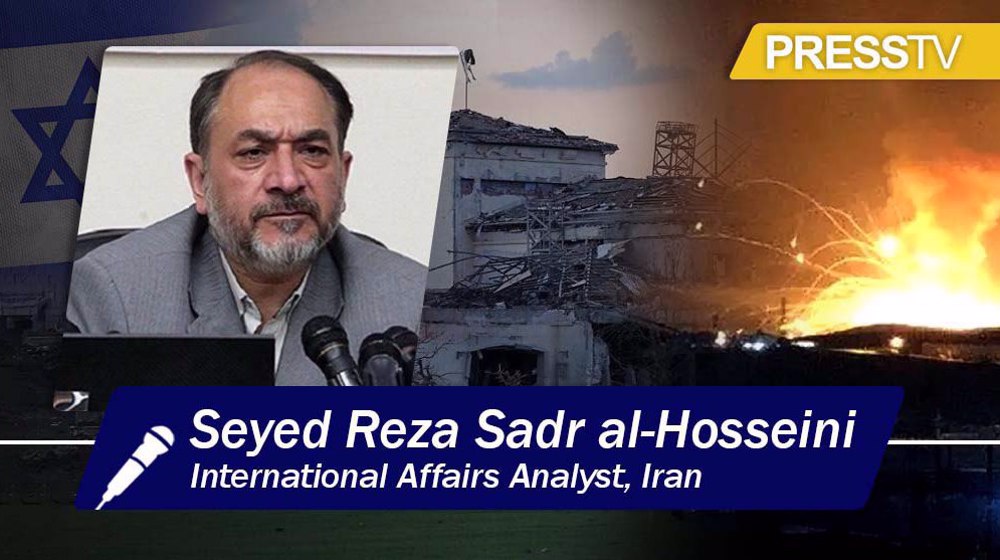
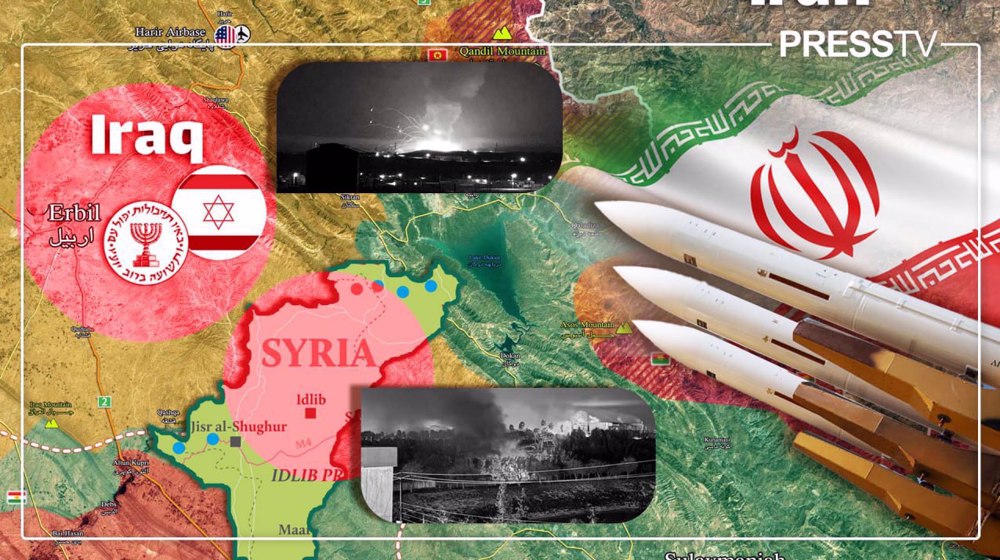
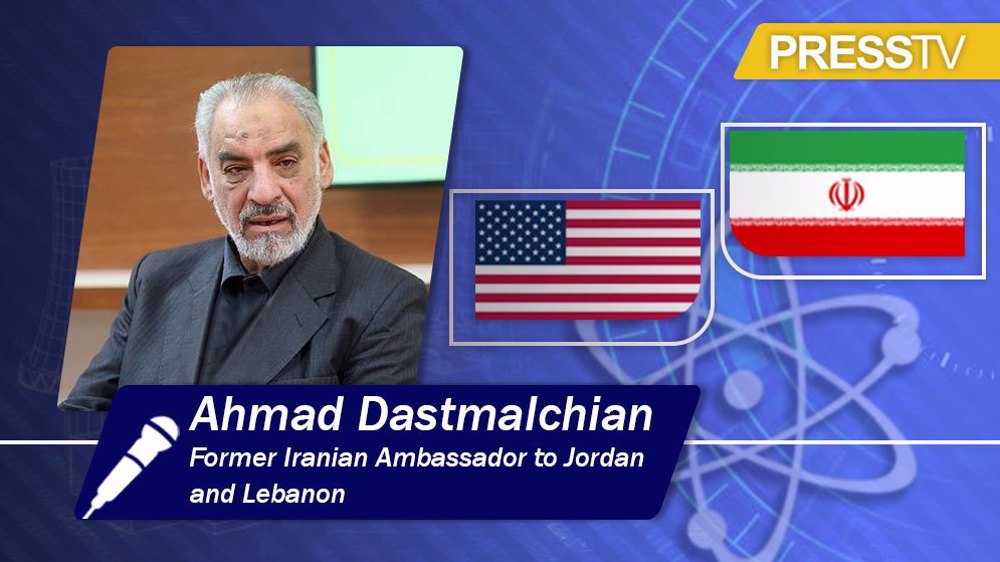

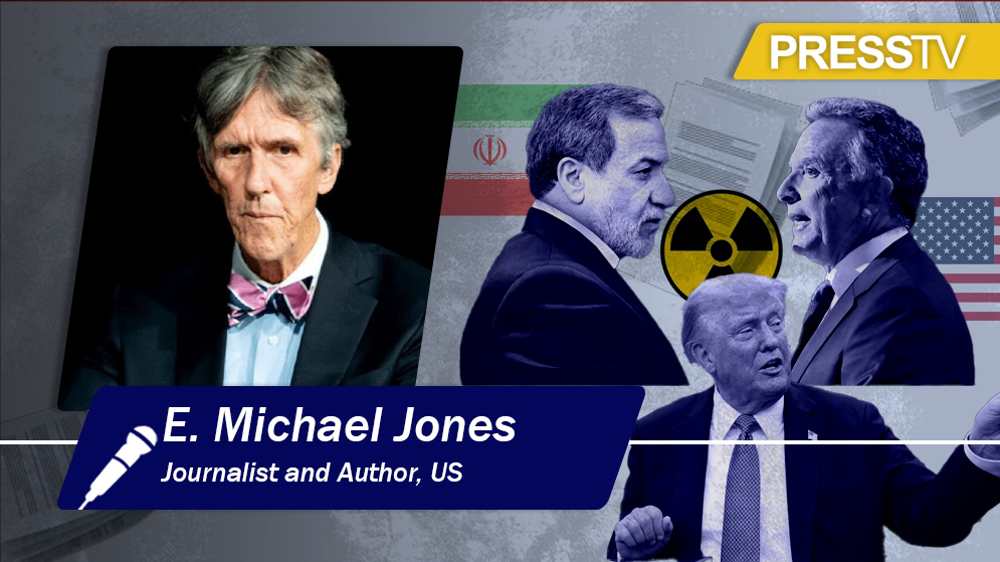



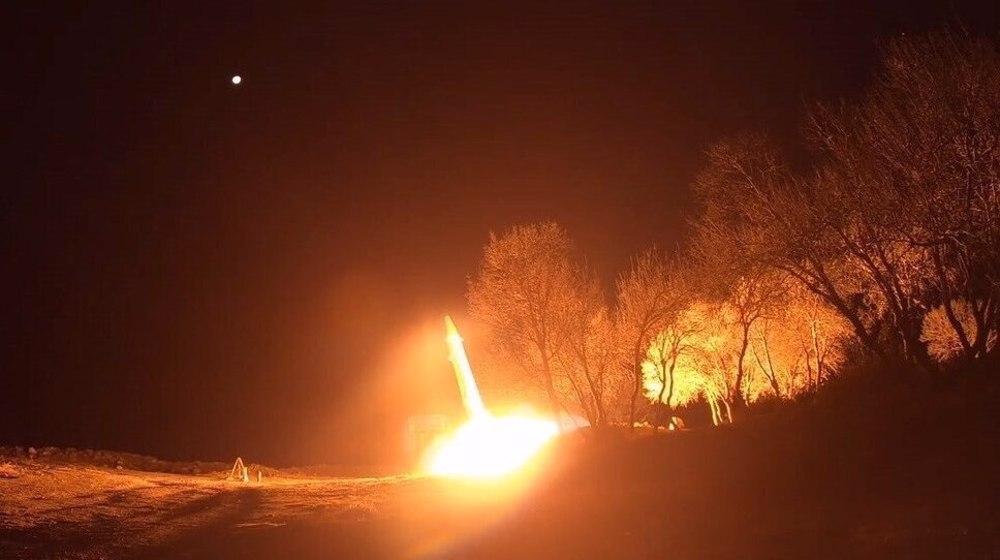
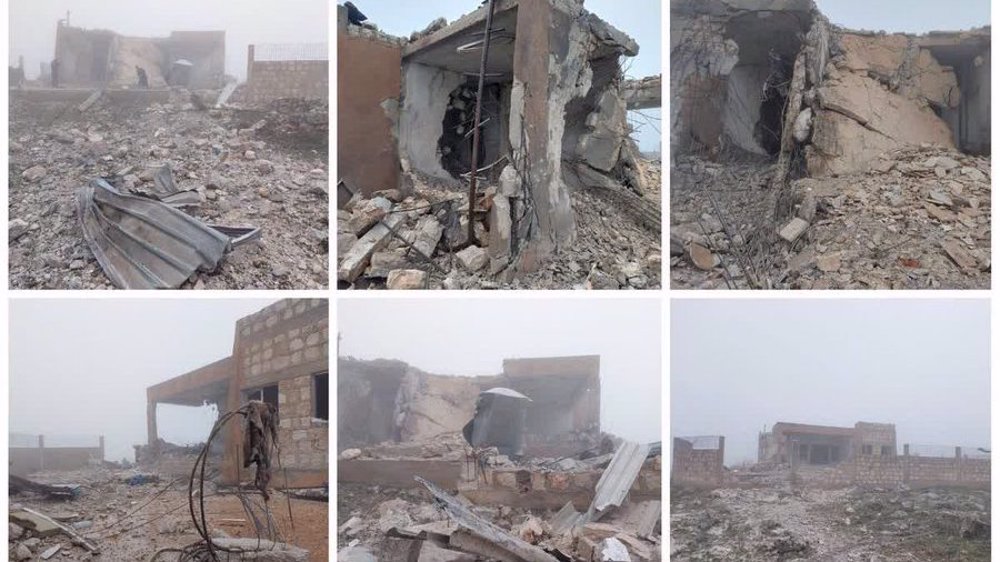
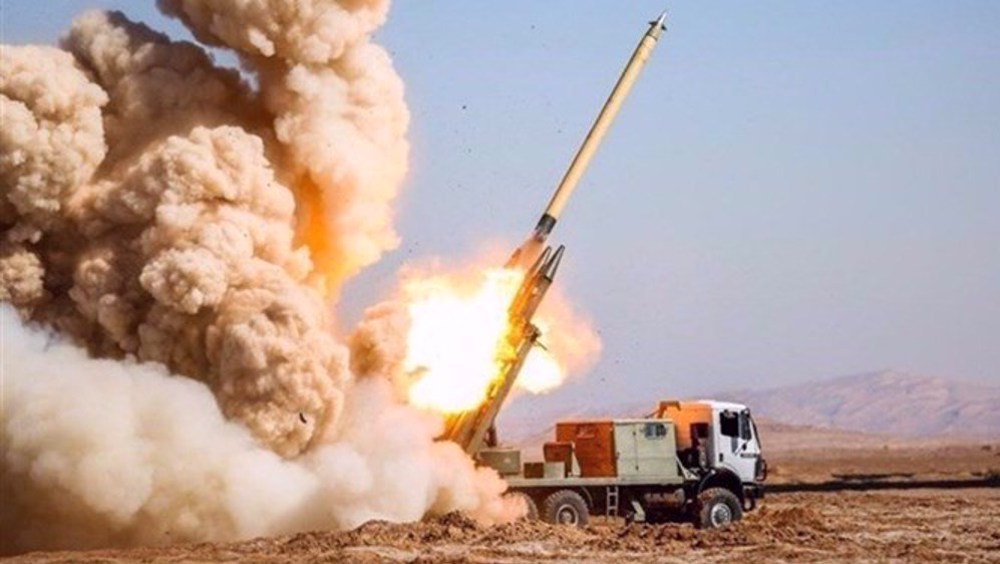
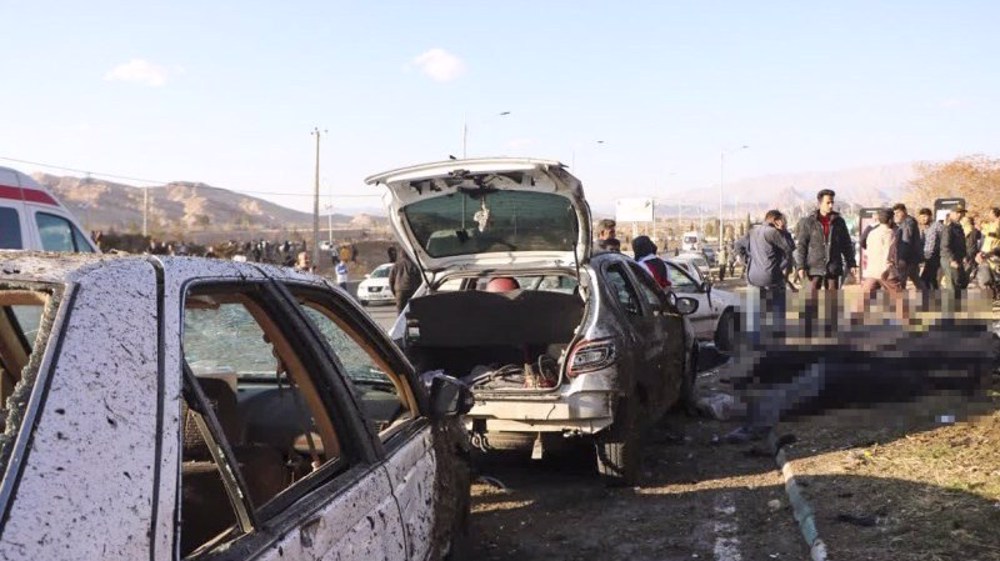
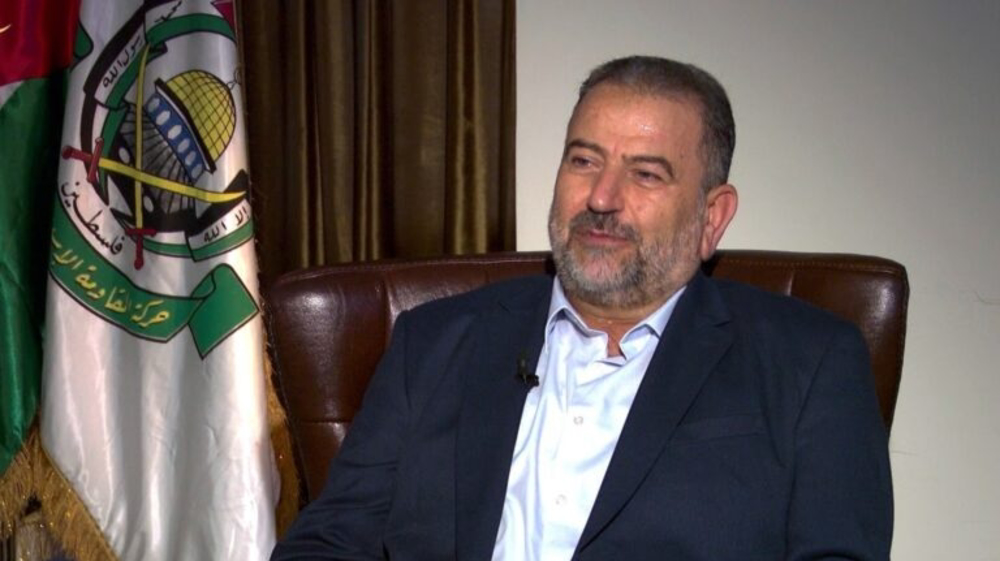

 This makes it easy to access the Press TV website
This makes it easy to access the Press TV website